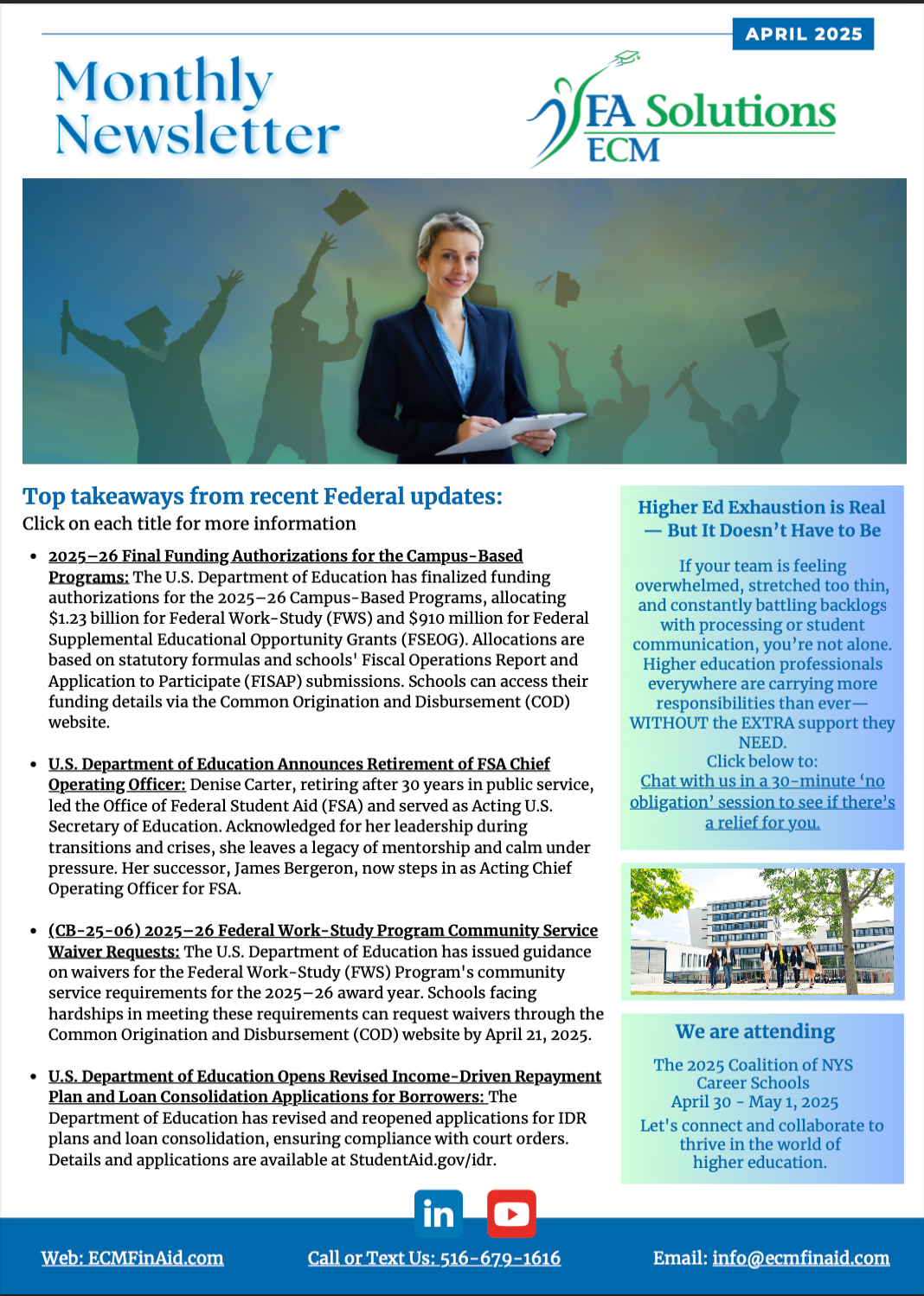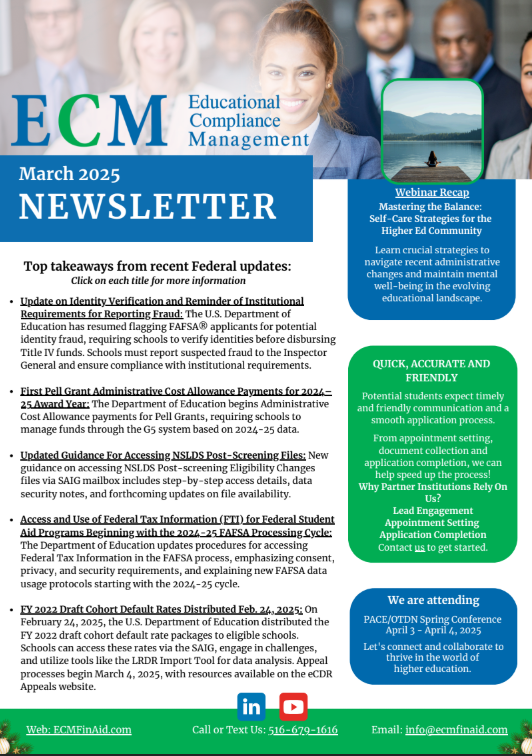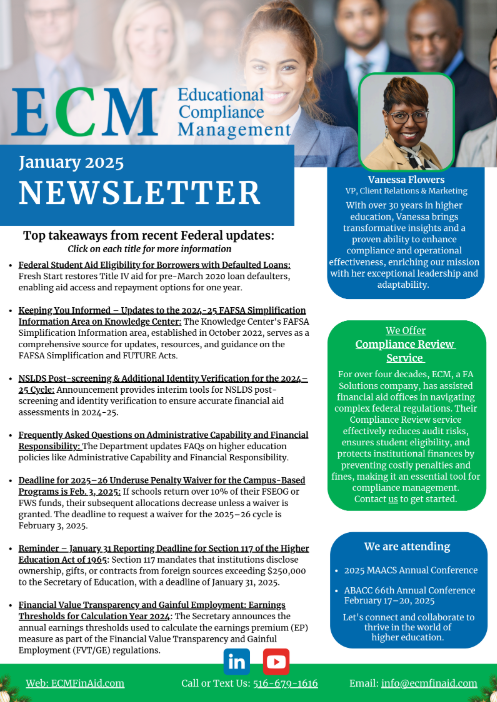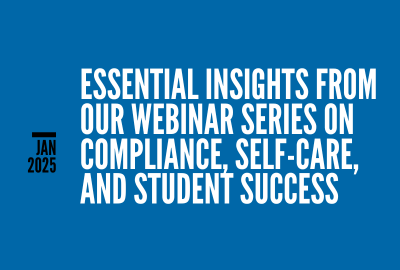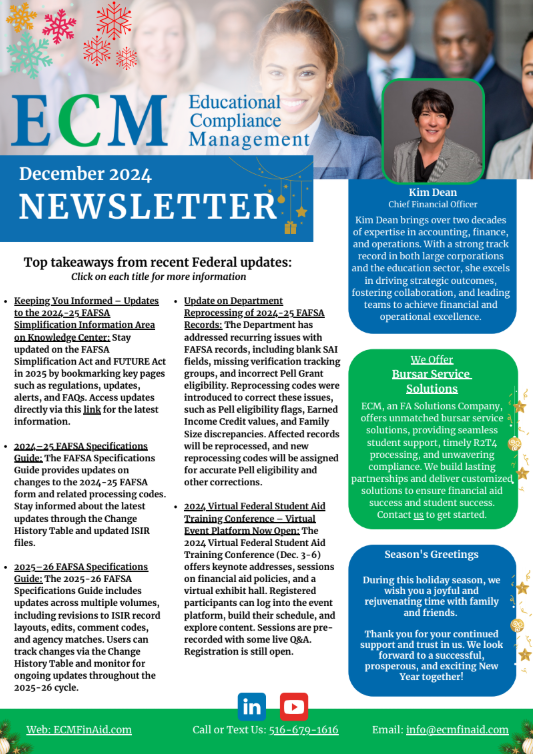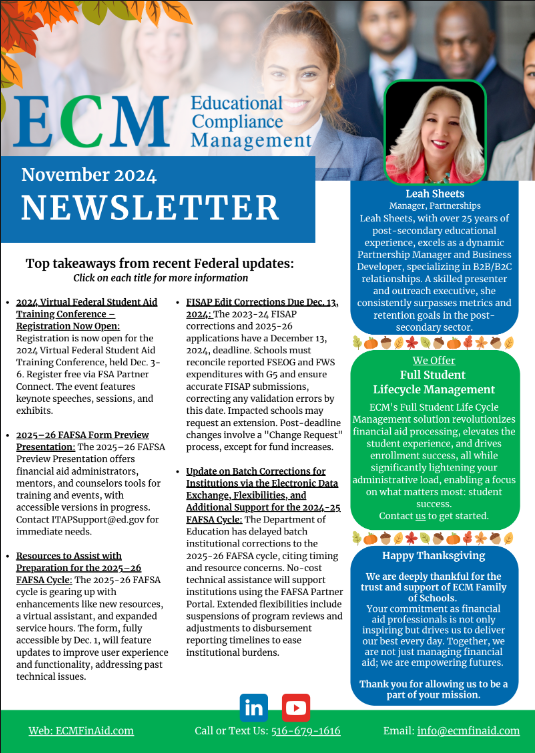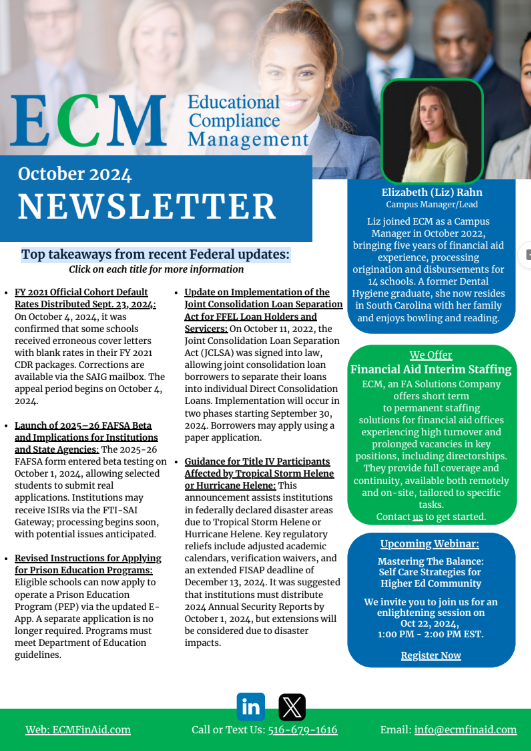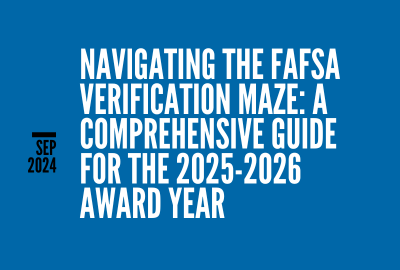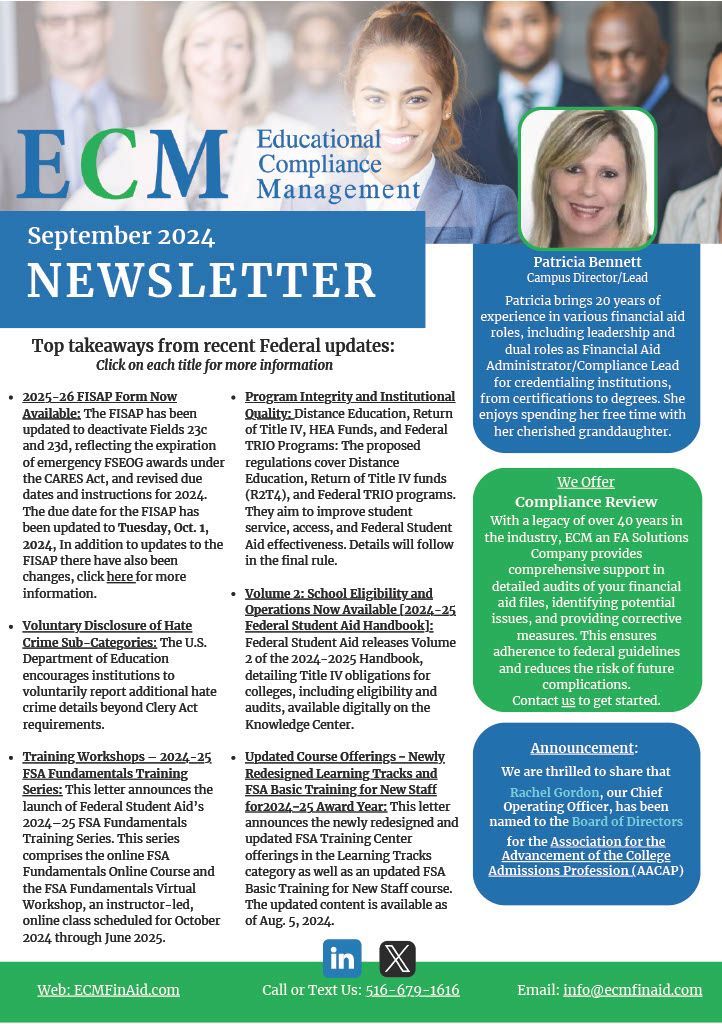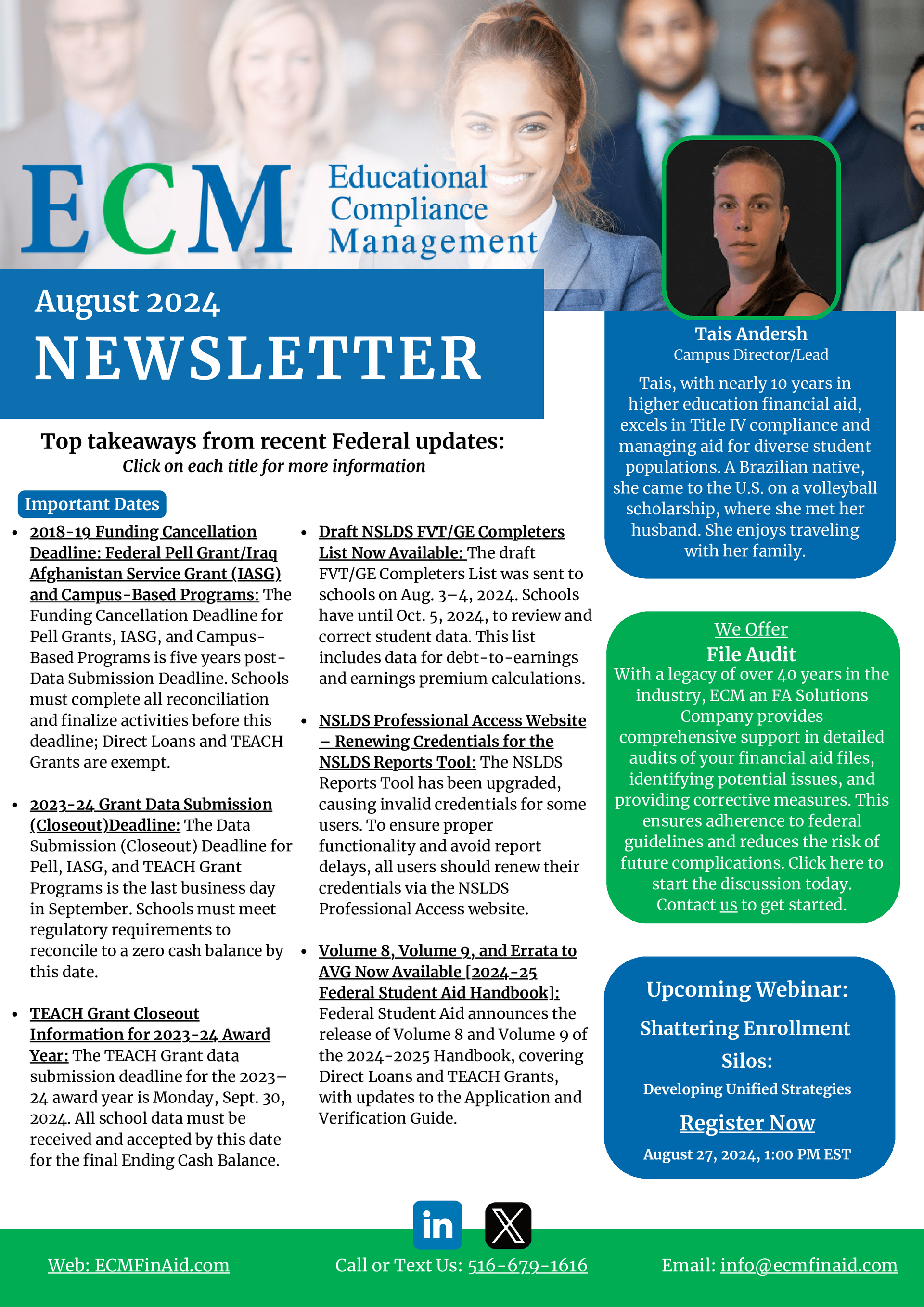Staying Up to Date with the Clery Act: Using Reminders to Keep Your Website Compliant
Colleges and universities are responsible not only for educating students but also for keeping them safe. As part of this effort, the Clery Act has policies, which Educational Compliance Management Inc. also recommends, that require schools to inform students, parents, and employees about crimes committed on and around college campuses. Previously known as the Campus Security Act, the Clery Act has undergone amendments several times since its initial creation in 1990, often in response to incidents that demonstrate the need for additional procedures. Schools that violate the Clery Act can face substantial fines and may lose federal funding. Setting reminders for each of the Clery Act requirements listed below can help ensure that you maintain compliant.
1. Timely Reports of Clery Act Crimes
Under the Clery Act, federally funded colleges and universities must provide the campus community with timely warnings about criminal activity. This includes four specific categories of crime:
- Criminal offenses like homicide and sexual assault
- Hate crimes motivated by bias
- VAWA offenses such as stalking or domestic violence
- Arrests and referrals for disciplinary action
The definition of "timely" isn't explicitly stated in the Clery Act, so each school has the power to determine what constitutes a timely notification. Consider setting a reminder to issue a daily online report that lists any crimes that have occurred within the past 24 hours and advises students about any ongoing threats that might exist.
2. Test Emergency Response and Notification Systems
Schools are required to have a recorded policy for emergency response, notification, and testing. Emergency notifications differ from timely warnings in that they are issued immediately when a dangerous situation on campus is underway. Schools should periodically review their policies for necessary changes or updates. They should also create reminders to conduct regular emergency notification tests, which are vital in making sure that the system functions properly. Testing also familiarizes everyone associated with the college with how the notifications work so that they can react appropriately in the event of a real emergency.
3. Issue an Annual Security Report
The Clery Act also requires private and public colleges and universities that participate in federal student aid programs to publish an Annual Security Report (ASR) on October 1st. The report should include:
- Campus crime statistics from the preceding three calendar years
- Recommendations and plans to improve campus safety
- Emergency response and notification policies
Set a reminder to not only disseminate the report to students and employees on your website but also to collect data and create the report by various deadlines throughout the year.
Maintain Financial Aid Compliance with ECM
At Educational Compliance Management, we understand the importance of maintaining compliance with regulations such as the Clery Act. Our Title IV Specialist can help you develop an efficient system that maintains full compliance with Department of Education regulations. Contact us to learn more about what we have to offer. Your institution is unique, so is our solution.

